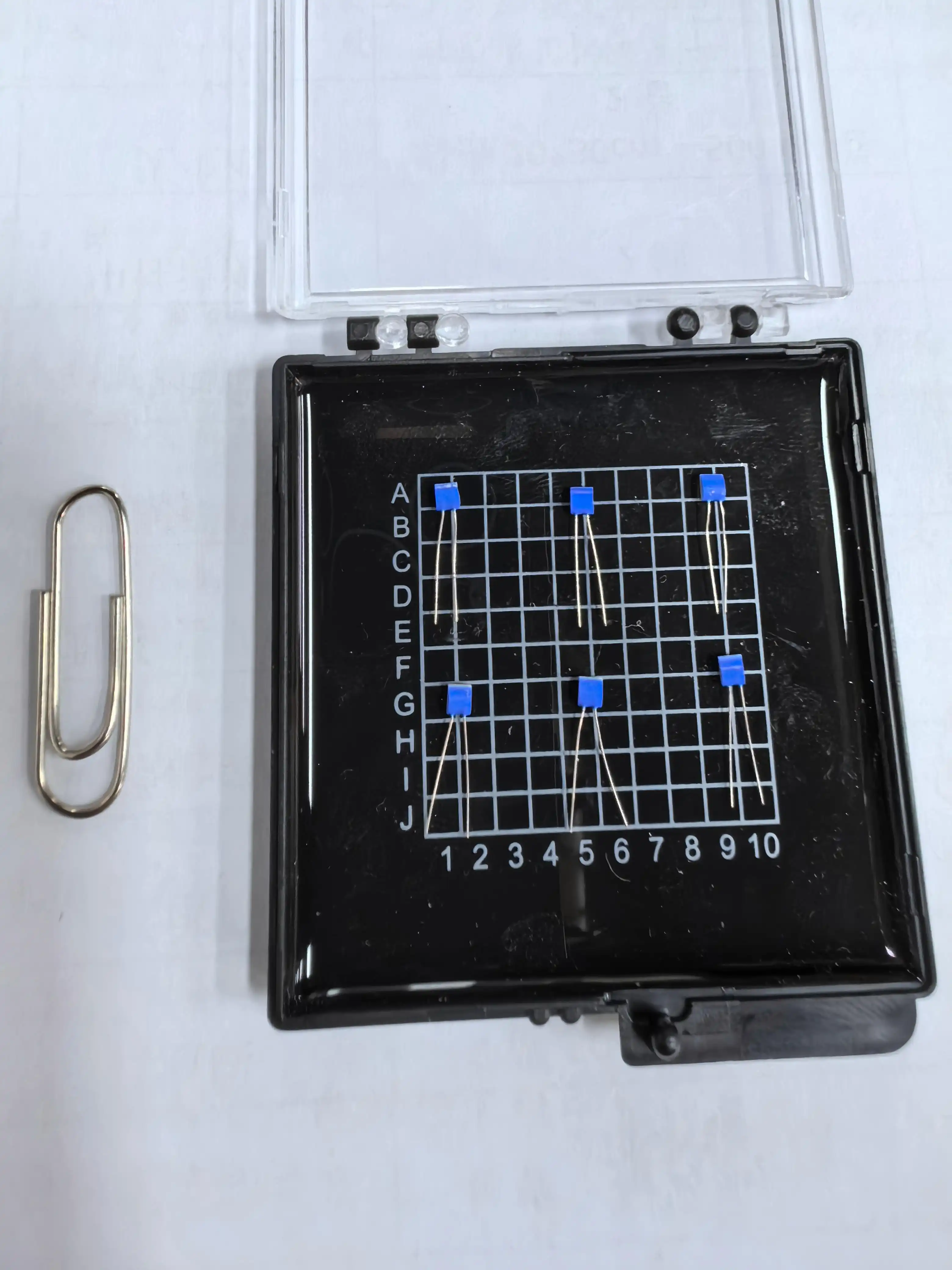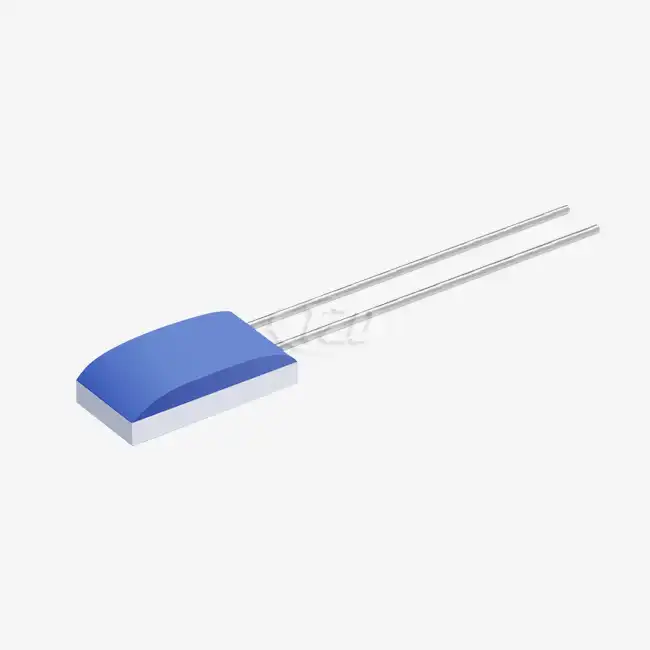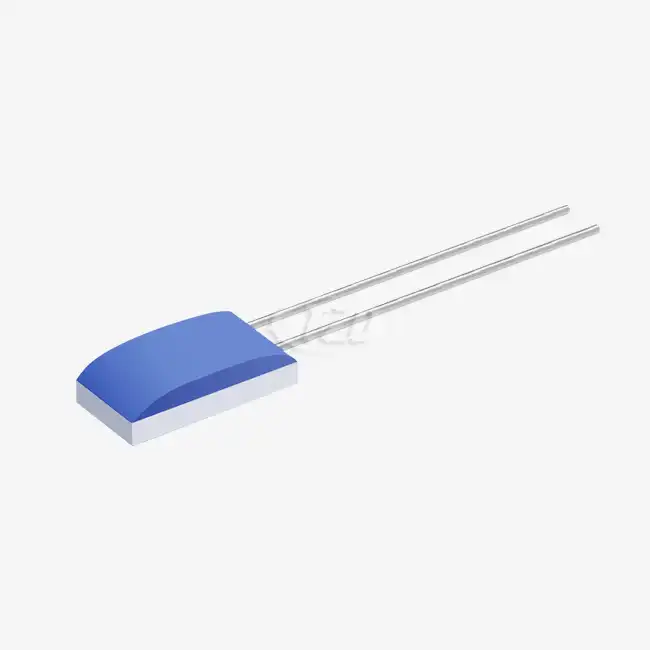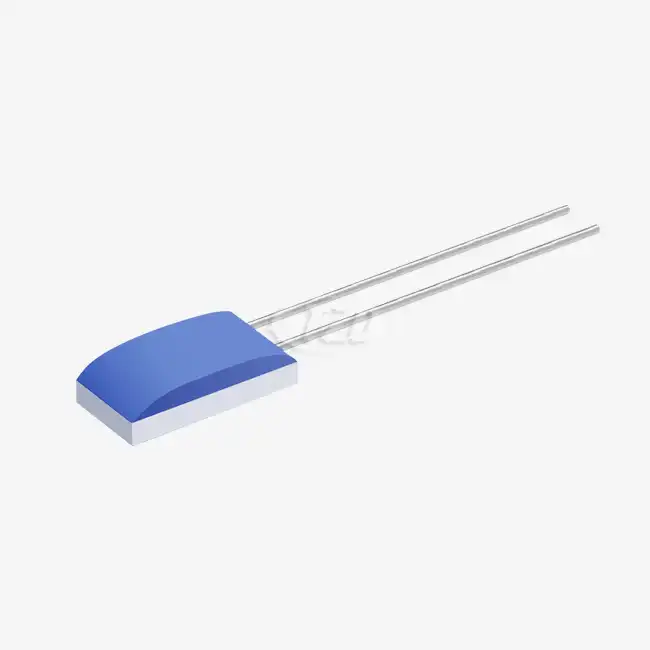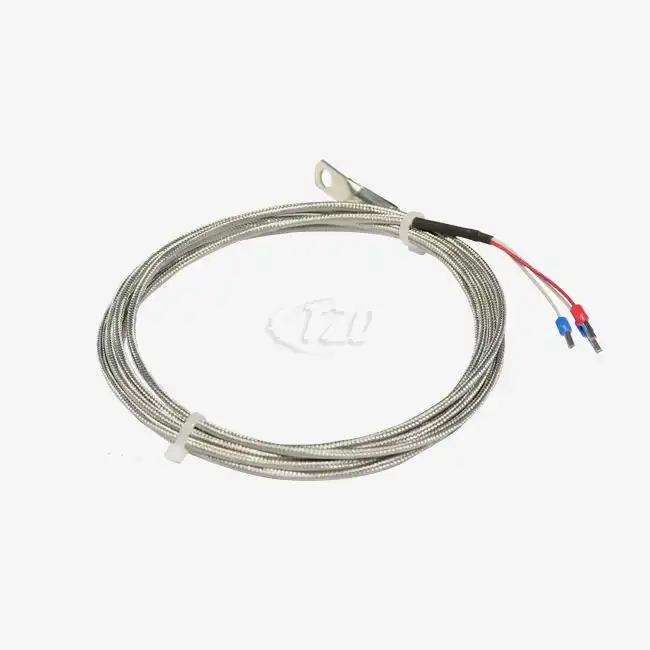The Evolution of Temperature Sensing in Medical Devices
For centuries, monitoring body temperature has been an essential part of diagnosing illnesses and managing patient health. Starting with the mercury thermometer and advancing to digital alternatives, the tools used have continually improved in precision and convenience. The introduction of chip-based thermal resistance sensors represents a notable advancement, offering greater accuracy and faster response times in modern temperature measurement.
These miniature sensors, often based on platinum resistor technology, offer several advantages over traditional temperature measurement methods. Their compact size allows for integration into a wide range of medical devices without compromising functionality or patient comfort. Moreover, their ability to provide rapid and precise measurements has greatly enhanced the capabilities of modern medical equipment.
Advancements in Thin-Film Technology
Improvements in thin-film technology have been crucial in creating high-performance chip thermal sensors. This technique involves depositing very thin layers of temperature-sensitive material onto a surface, resulting in sensors with excellent accuracy and lasting stability.
Thin-film platinum resistors, for instance, are manufactured to comply with the IEC60751 standard and boast a temperature coefficient of 3850ppm/°C. This high sensitivity enables these sensors to detect even minute temperature changes, which is crucial in many medical applications. The long-term stability drift of ≤0.04% ensures reliable performance over extended periods, a critical factor in medical devices that require consistent accuracy.
Customization and Versatility
One of the key strengths of chip type thermal resistance temperature sensors is their adaptability to various medical device requirements. Manufacturers offer these sensors in multiple sizes, typically ranging from 1.2mm to 4.0mm, allowing for integration into devices with different space constraints. Additionally, the availability of various lead materials, such as platinum nickel, silver nickel, or pure platinum, enables designers to choose the most suitable option for their specific application.
The performance of these sensors can also be tailored to meet specific medical needs. With response times as short as 0.05 seconds, they can track rapid temperature shifts—crucial in high-pressure situations like emergency or critical care. Designed for rugged conditions, they can handle vibrations up to 40g and impacts up to 100g, ensuring consistent operation even in the most demanding healthcare environments.
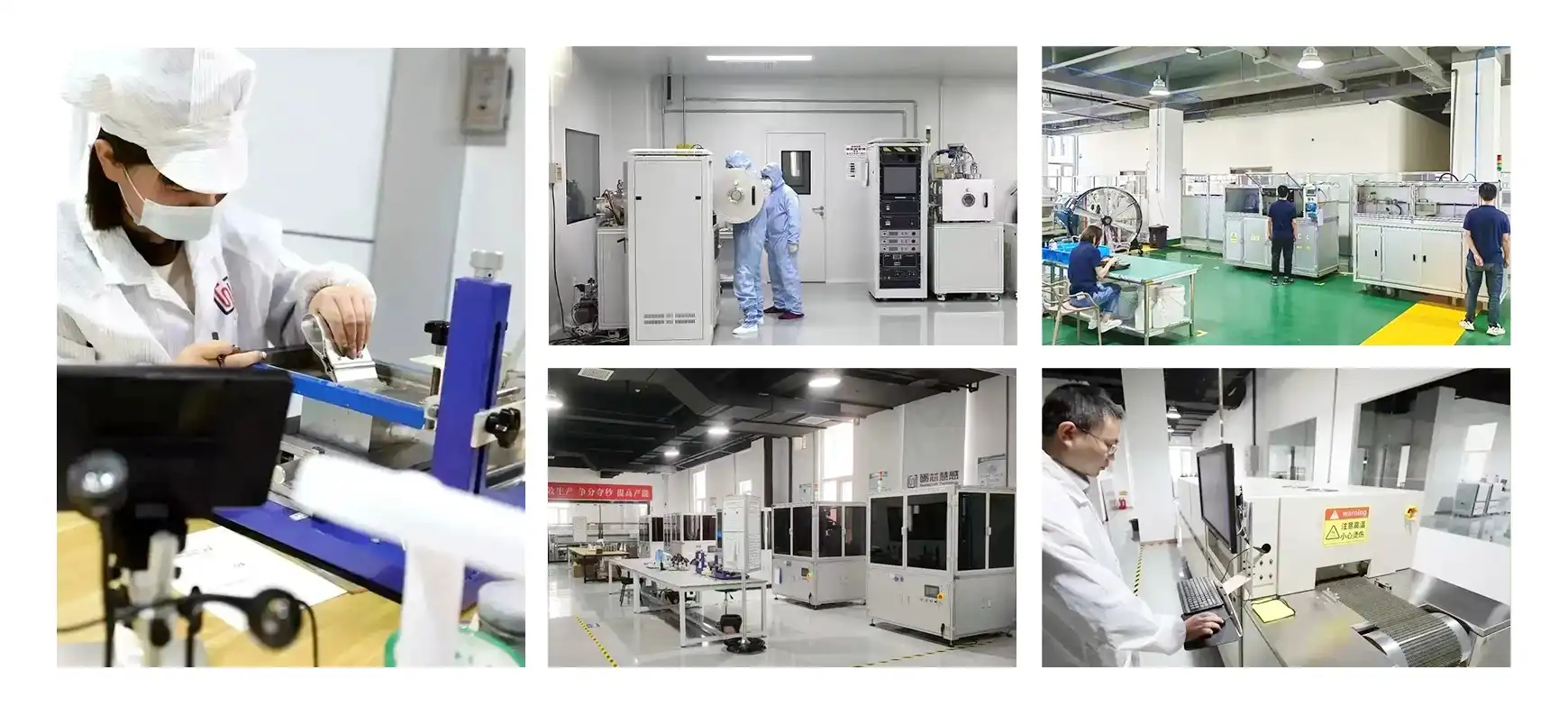
Applications of Chip Thermal Sensors in Medical Devices
The versatility and high performance of chip type thermal resistance temperature sensors have led to their widespread adoption in various medical devices and applications. Their ability to provide accurate, rapid, and continuous temperature measurements has significantly enhanced patient care and treatment outcomes.
Patient Monitoring Systems
In places like intensive care units or during operations, continuously monitoring a patient’s temperature is vital. Chip thermal sensors integrated into monitoring devices provide real-time readings, allowing healthcare workers to quickly identify and respond to any unusual temperature shifts. These sensors can be included in non-invasive devices such as skin patches or in minimally invasive tools like catheters to accurately measure core body temperature.
Diagnostic Equipment
Many diagnostic procedures rely on precise temperature control or measurement. For instance, in polymerase chain reaction (PCR) machines used for DNA amplification, chip thermal sensors ensure that the reaction mixture is maintained at the exact temperatures required for each stage of the process. Similarly, in blood gas analyzers, these sensors help maintain the sample at a constant temperature to ensure accurate results.
Therapeutic Devices
Treatments that rely on temperature regulation—like hyperthermia for cancer or cooling therapy in newborn care—demand a high level of precision. Chip-based thermal sensors help ensure that these systems maintain temperatures within tight tolerances, which is crucial for achieving the desired therapeutic effect while reducing potential harm to the patient.
Future Trends and Innovations
As medical technology continues to advance, the role of chip type thermal resistance temperature sensors is expected to grow and evolve. Several emerging trends are shaping the future of these sensors in medical devices.
Miniaturization and Integration
The ongoing trend towards miniaturization in medical devices is driving the development of even smaller chip thermal sensors. This reduction in size, coupled with advancements in sensor integration techniques, will enable the creation of more compact and less invasive medical devices. For example, ingestible sensors equipped with chip thermal sensors could provide continuous core body temperature monitoring without the need for external probes.
Enhanced Connectivity and Data Analytics
Combining chip thermal sensors with wireless technology is creating new opportunities for remote patient monitoring and telemedicine. These smart sensors can transmit real-time temperature data straight to healthcare providers, enabling quicker identification of potential issues and more personalized treatment. Moreover, the extensive data collected can be analyzed to spot patterns, helping improve diagnosis and guide better treatment decisions over time.

Multi-Parameter Sensing
Ongoing research aims to create chip sensors that can measure several factors at once. By integrating temperature sensing with other types like pressure or chemical detection, these multifunctional chips could offer a fuller understanding of a patient’s condition. Such advancements may result in more effective and precise diagnostic and monitoring tools.
Conclusion
Chip type thermal resistance temperature sensors have become indispensable components in modern medical devices, enabling accurate and reliable temperature monitoring across a wide range of applications. Their compact size, high accuracy, and customizability make them ideal for integration into various medical equipment, from patient monitoring systems to advanced diagnostic and therapeutic devices. As technology advances, these sensors are set to become even more influential in driving progress across healthcare and medical diagnostics.
For more information about our advanced chip type thermal resistance temperature sensors and their applications in medical devices, please contact us at sales11@xatzd.com. Our team of experts is ready to assist you in finding the perfect temperature sensing solution for your medical device needs.
